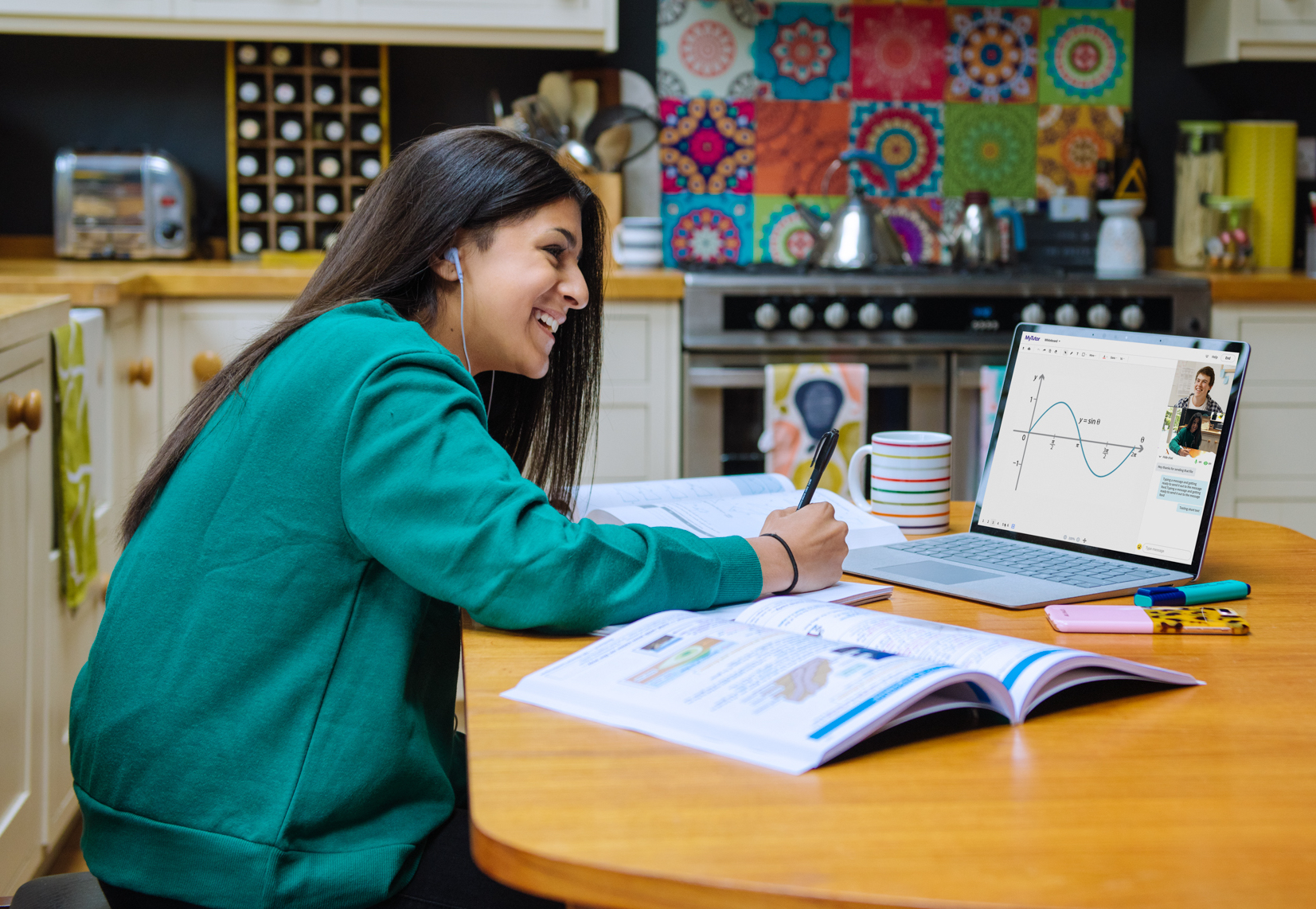

It’s been a big relief for parents to see their kids return to school this month – and now it’s catch-up time. Teachers have estimated that pupils are, on average, 3 months behind where they would’ve been – had the world not turned upside down this year. Whatever stage your child is at, teachers will be dedicating the first few weeks of term to getting everyone caught up. Your support during this period will be super-valuable to them, but knowing what to do can be a bit daunting. Here we’ve put together five top tips to get your teen caught up and back on track for the rest of the academic year.
- Find out where they’re at with each subject
- Make your home a study-friendly environment
- Make a study timetable
- Leave time to unwind
- Be patient
1. Find out where they’re at with each subject.
The first step to making a catch-up plan with your teen is finding out where they have learning gaps and what they should be working towards. Your key point of contact will be your child’s teachers. Keep your eyes peeled for any direct emails from teachers with updates for you. Also check-in with your child each day to see if they’re more in-the-know what they’re finding out in class. Once you have a clear idea of where their learning gaps are and where they need to focus, you can then make a plan of action for the rest of term.
If you’d like to source some extra support with getting back on track, MyTutor’s face-to-face online tutors offer curriculum-focused academic support as well as much-needed confidence boosting and mentorship. In their first lessons, a tutor will work out where they have learning gaps and how they learn best, and tailor all lessons to suit their needs. Students improve, on average, by a whole grade in a term’s worth of lessons (often more), so whatever your child’s goals, they can get the help they need to achieve them.


2. Make your home a study-friendly environment
Classroom learning is the foundation of your child’s education, but their long-term academic success will depend just as much on the studying they do at home. The first step is to make sure they have a dedicated study space in a quiet corner of the house. This could be their room or somewhere else at home where they won’t run into any distractions (TV, siblings, pets – the usual suspects). By having their own space where they know they can just sit down and focus, it will streamline their work and give them one less thing to worry about.


3. Make a study timetable
Another must-have for catching up is keeping a regular routine and a study timetable. Here they can map out the same after-school study hours every week, and give each subject all the time they need to get on track. They might split the afternoon into three one-hour slots, each for a different subject, or they can dedicate each day of the week to a different subject – whatever works best for them. Having this planned out at the start of every week will mean there’s no wasted time and worry working out what to do each day. It’s handy to keep their timetable stuck to a safe place on their desk, a pin-board, on the fridge or somewhere else visible (and unloseable) so they know exactly where to look if they’re unsure what to do next.


4. Leave time to unwind
With all the challenges, excitement and stress that the new term brings, it’s easy for kids to get overwhelmed. Whatever the school day throws at them, making your home a place of calm where they can unwind will help them keep feeling calm. And although they’ll have plenty of work to be getting on with, making time for activities that will help them feel zen will make staying happy, productive and organised much easier. Depending on what they enjoy, getting outside for a long walk or a bike ride at the weekend is a great way to boost their mood and take their mind off whatever might be worrying them. Hanging out with friends, playing video games, baking – whatever makes them feel good will make staying on top of school feel more possible.
5. Be patient
After the most disrupted school year in 75 years (yep, kids weren’t out of school for that long since WW2!), finding a new normal won’t be an overnight job. There might be moments where they feel overwhelmed, and there may be even a few tears, but eventually teens will settle back into school life. It might take a few weeks or even the bulk of the Autumn term, but with a bit of determination from them and support from you, they’ll get there in the end.




